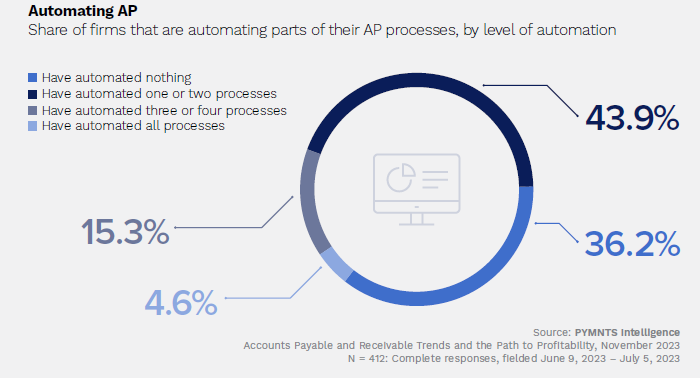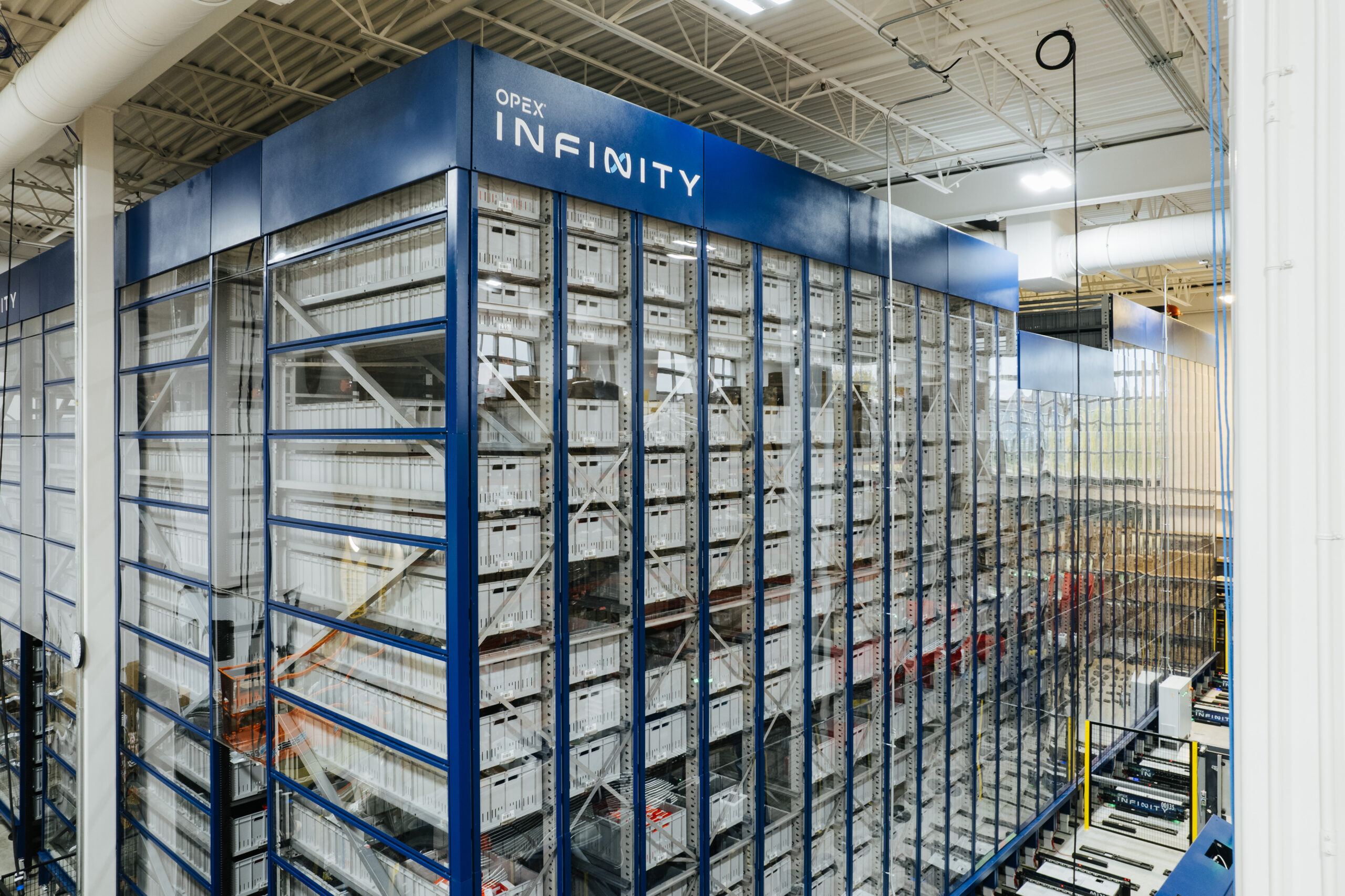VentureBeat presents: AI Unleashed – An exclusive executive event for enterprise data leaders. Network and learn with industry peers. Learn More
San Francisco-based Plenful, a startup looking to automate pharmacy and healthcare operations with the help of AI, today emerged from stealth with $9 million in funding from Bessemer Venture Partners, Waterline Ventures and multiple other investors.
The company aims to use the new capital to expand the reach of its platform and no-code applications across the entire healthcare industry, enabling organizations to streamline those administrative tasks that take manual efforts and keep care teams from focusing on high-priority tasks revolving around patient care.
The investment comes at a time when the global healthcare industry continues to struggle with worker shortages stemming from high demand and burnout. According to KPMG, the health workforce could be short of 18 million workers by 2030 – something that could be addressed by improving aspects of worker retention and recruiting.
“Over the past year, we’ve seen an influx of tech resources prioritizing provider burnout. Plenful is addressing existing labor shortages for another significant and growing part of healthcare – enabling pharmacy operations teams to do more meaningful work,” Andrew Hedin, partner at Bessemer Venture Partners, said in a statement.
Event
AI Unleashed
An exclusive invite-only evening of insights and networking, designed for senior enterprise executives overseeing data stacks and strategies.
Manual tasks take time, affect care
While healthcare delivery depends on the work done by clinicians, nurses and pharmacies, the functioning of all these teams remains tied to the handling of routine administrative tasks such as entering data from documents, managing patient intake and ensuring compliance with the 340B program for drug procurement in the U.S., which seeks to reduce the cost of prescription drugs for patients.
Presently, most teams handle these admin tasks manually, taking up their time that could otherwise be spent directly interfacing with and assisting patients.
“After seeing the prevalence of disjointed and manual processes, particularly within pharmacy operations, I was inspired to innovate and address operational inefficiencies for the betterment of patients, caregivers, and providers,” Joy Liu, the CEO and co-founder of Plenful, told VentureBeat.
Firsthand experience with healthcare challenges informed Plenful’s approach
Liu noted the challenges when working as the director of strategic operations at Shields Health Solutions and started Plenful to solve the problem with AI-driven automation.
Plenful’s platform sits on top of both unstructured (faxes/PDFs) and structured (like data from EHRs and pharmacy management software) healthcare data, tapping AI with human oversight to automate tasks such as document data entry for onboarding and referral management, 340B auditing and savings identification and identification of revenue optimization opportunities, instead of leaving all of this data entry and organization work to be done manually and tediously.
The goal is to drive efficiencies across healthcare operations and eases workloads, allowing care teams and pharmacists to focus on high-value, top-of-license tasks.
Automatic error identification and customer growth
For instance, with the help of Plenful’s ability to provide AI-driven insights from data, entities covered under the 340B program can proactively identify errors and exceptions, like duplicate discounts or diversion of drugs to ineligible patients, before an external audit takes place.
Since starting operations in 2021, Plenful has roped in more than 20 customers across health systems, pharmacies, and other healthcare organizations. However, Liu declined to share specific growth stats from the same period.
Dr. Peter Chang, the VP of Healthcare Design at Tampa General Hospital, one of the customers of the company, said Plenful’s seamless adoption process and the ability to integrate with existing systems is a direct value add and has helped unlock their care team’s potential by freeing them up to focus on more meaningful aspects of their work.
Competition in healthcare automation
While there are multiple players in the healthcare workflow automation space, including AthenaOne, Oracle and ServiceNow, Plenful claims it has “limited direct competition” due to its specialized focus on pharmacy operations use-cases and its highly configurable no-code platform that can process both unstructured and structured data to automate workflows.
“These characteristics set Plenful apart from conventional point solutions and generic workflow automation platforms. There are few competitors offering a comparable level of healthcare-centric, no-code and highly configurable workflow automation solutions in the industry,” Liu noted.
With this round of funding, Plenful plans to expand its team and footprint in the market. The company said it will onboard a strong team of technologists, business strategists and healthcare operators and scale its customer base, enabling them to automate administrative tasks causing burnout and affecting retention.
“We will continue to grow across our core product, engineering, partnerships, and customer success functions,” Liu said.
VentureBeat’s mission is to be a digital town square for technical decision-makers to gain knowledge about transformative enterprise technology and transact. Discover our Briefings.










